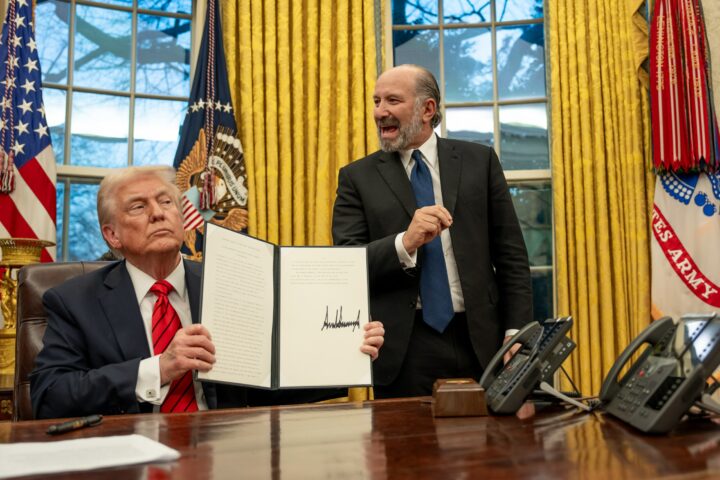Indiana’s Senate Republicans abruptly halted momentum toward redrawing the state’s congressional map on Friday, delivering an unexpected setback to President Donald J. Trump and to national GOP efforts seeking to shore up House advantages ahead of the 2026 midterm elections.
Rodric Bray, the Indiana Senate’s Republican President Pro Tempore, announced that the chamber simply did not have the votes to pursue redistricting in a special session long expected for December. His statement ended months of speculation over whether GOP leaders could unify around an early mapmaking effort.
“Over the last several months, Senate Republicans have given very serious and thoughtful consideration to the concept of redrawing our state’s congressional maps,” Bray said. “Today, I’m announcing there are not enough votes to move that idea forward, and the Senate will not reconvene in December.”
The declaration punctured what had been a carefully coordinated push from Trump and his allies, who viewed Indiana as an opportunity to blunt Democratic mapmaking gains across the country. Trump had lobbied the state directly, urging lawmakers to revisit the congressional boundaries well in advance of the next census. His interest reflects a broader Republican concern that Democrats’ recent redistricting wins risk narrowing the GOP’s already precarious House majority.
Vice President J.D. Vance traveled to Indiana twice in recent months, a signal of how seriously the White House viewed the effort to create additional political breathing room before voters head to the polls next year. But the Indiana Senate’s resistance appeared more entrenched than national Republicans expected.
Within minutes of Bray’s announcement, Trump’s political orbit reacted with visible irritation. Chris LaCivita, Trump’s 2024 co-campaign manager, wrote on X, “BREAKING: Sen Rodric Bray announces retirement,” a pointed suggestion that Bray had damaged his standing within the party. Alex Bruesewitz, another Trump adviser, declared that “A MONUMENTAL BETRAYAL IS UNFOLDING IN INDIANA RIGHT NOW,” and warned that the MAGA movement would mobilize to challenge Republicans who opposed revisiting the map.
Even Indiana’s Republican governor, Mike Braun, who had expressed reservations early on, voiced dissatisfaction with the Senate’s reluctance to move forward. “I called for our legislators to convene to ensure Hoosiers’ voices in Washington, DC are not diluted by the democrats’ gerrymandering,” he wrote on X. “Our state senators need to do the right thing and show up to vote for fair maps. Hoosiers deserve to know where their elected officials stand on important issues.”
Indiana is not the first Republican-led state to stall amid internal disagreements. Earlier this month, redistricting efforts in Kansas were similarly delayed, though GOP leaders there hope to revisit the matter next session.
Those setbacks come as Democrats have accumulated notable wins of their own. Voters in California approved a new congressional map that gives Democrats up to five new opportunities in 2026. Democratic-leaning maps are poised to secure one-seat gains in Ohio and Utah, and Virginia Democrats are expected to push through another favorable map next year.
Still, Republicans have not been without successes. The party has already redrawn maps in Texas, Missouri, Ohio and North Carolina—changes projected to deliver as many as nine additional seats, compared to roughly six for Democrats.
For national Republicans, Indiana’s decision removes one avenue for countering Democratic momentum. And with midterm pressures mounting, the party’s window to shape the battlefield may be narrowing.
[READ MORE: Vice President Vance Signals Post-Midterm Conversation on 2028, Stresses Focus on GOP Agenda]








